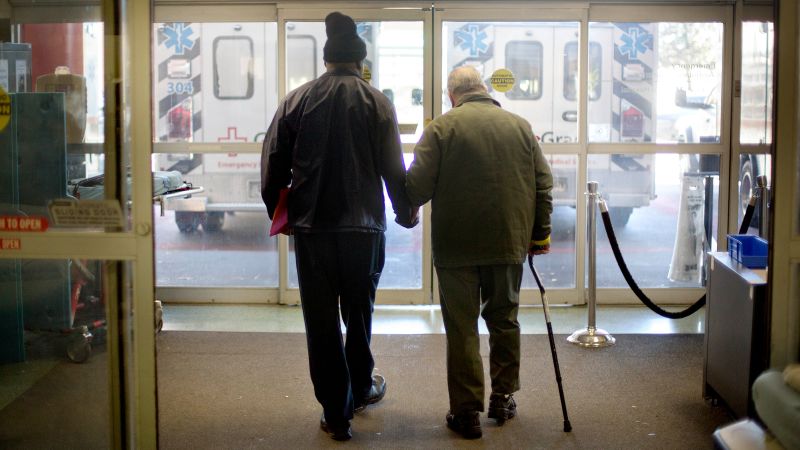Cyberattack Linked to Patient Death in UK: NHS Investigates Synnovis Breach

London, UK – A devastating incident has emerged in the UK’s healthcare sector, with health officials confirming that a cyberattack on Synnovis, a leading provider of diagnostic services, played a partial role in the death of a patient at a London hospital. The revelation, stemming from a recent investigation, highlights the severe real-world consequences of cyberattacks on critical infrastructure.
What Happened? Synnovis experienced a significant cyberattack in late 2023. The attack disrupted its laboratory services, which are used by numerous NHS hospitals across the UK. Diagnostic tests, crucial for patient care and treatment decisions, were delayed or unavailable as a result. While the specific vulnerabilities exploited haven't been fully disclosed, the incident underscores the growing threat of ransomware and other malicious activities targeting healthcare organizations.
The Fatal Impact According to a report released by the UK’s health authorities, the delayed diagnosis resulting from the Synnovis disruption directly contributed to the patient’s death. While details surrounding the patient’s condition remain confidential to protect privacy, the incident serves as a stark reminder of the life-or-death stakes involved in cybersecurity within healthcare.
NHS Response and Investigation The National Health Service (NHS) has launched a thorough investigation into the Synnovis breach and its impact on patient care. The investigation aims to identify the root causes of the attack, assess the extent of the damage, and implement measures to prevent similar incidents from occurring in the future. This includes reviewing Synnovis’s cybersecurity protocols, data protection practices, and incident response capabilities.
Broader Implications for Healthcare Cybersecurity This incident is not an isolated case. Healthcare organizations globally are increasingly becoming targets for cybercriminals due to the sensitive nature of patient data and the potential for disruption of critical services. The Synnovis attack serves as a wake-up call for healthcare providers to prioritize cybersecurity investments and adopt robust security measures.
Key Takeaways and Future Actions
- Enhanced Security Measures: Healthcare providers must invest in advanced cybersecurity technologies, including intrusion detection systems, firewalls, and data encryption.
- Employee Training: Regular cybersecurity awareness training for all employees is crucial to prevent phishing attacks and other social engineering tactics.
- Incident Response Planning: Robust incident response plans are essential for quickly and effectively responding to cyberattacks and minimizing their impact.
- Collaboration and Information Sharing: Increased collaboration and information sharing between healthcare organizations and cybersecurity experts can help to identify and mitigate emerging threats.
- Supply Chain Security: Healthcare providers need to assess and manage the cybersecurity risks associated with their third-party vendors, like Synnovis.
The investigation into the Synnovis breach is ongoing, and further details are expected to emerge in the coming weeks. This tragic event underscores the urgent need for a proactive and comprehensive approach to cybersecurity in the healthcare sector, safeguarding patient safety and protecting critical services from malicious attacks. The NHS and other healthcare bodies are facing increasing pressure to bolster their defenses and ensure the resilience of their systems.

:max_bytes(150000):strip_icc()/VWH-GettyImages-1085928256-dc54b727b8c346a2a39655d86706f390.jpg)




